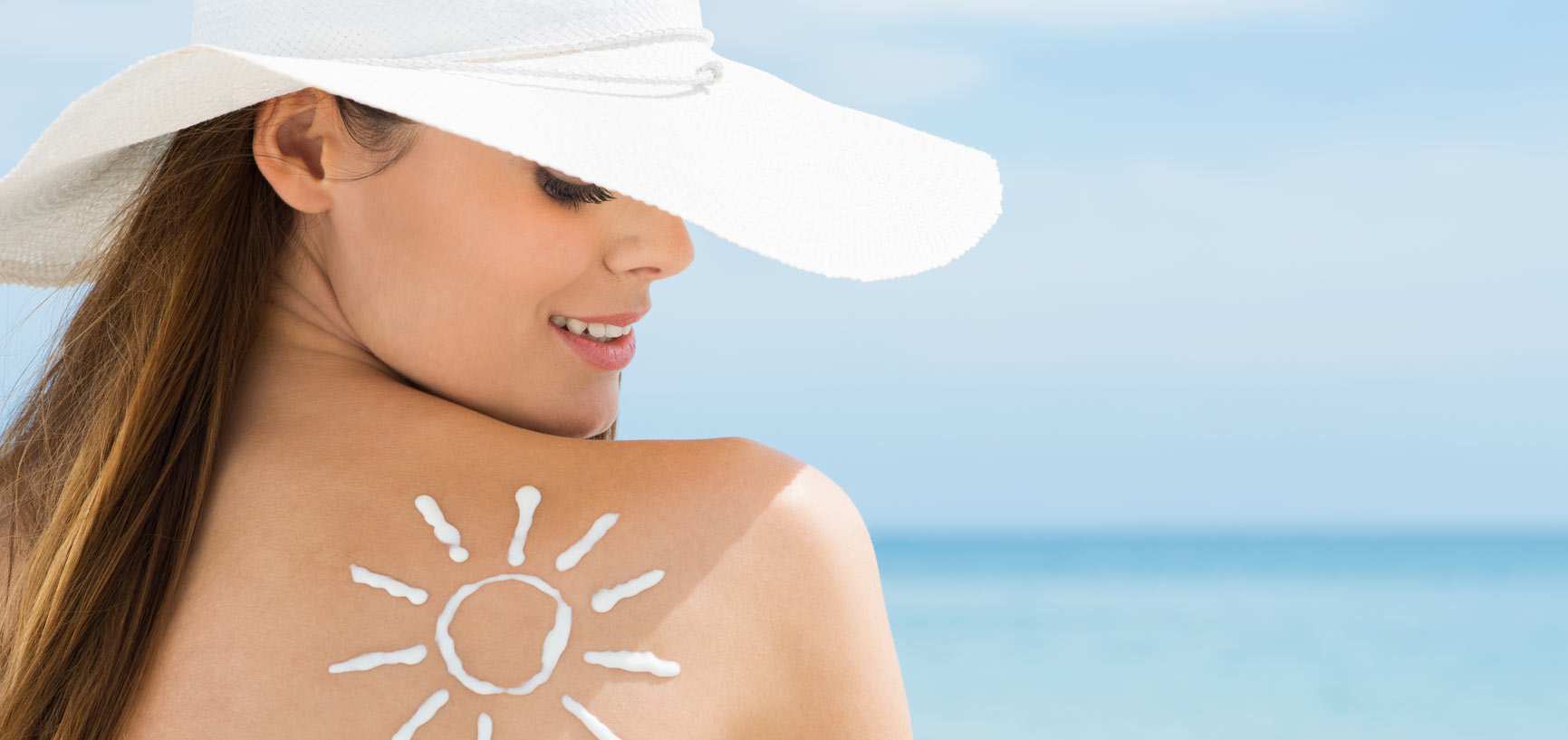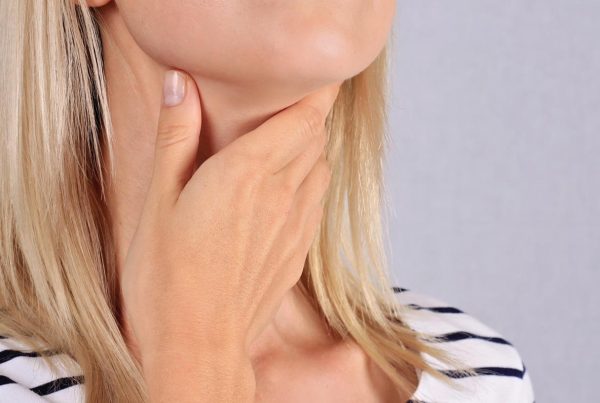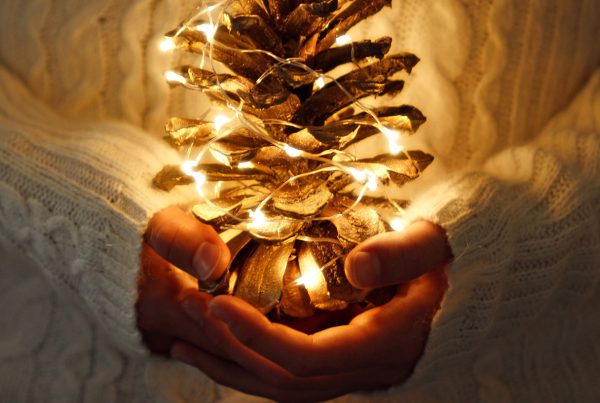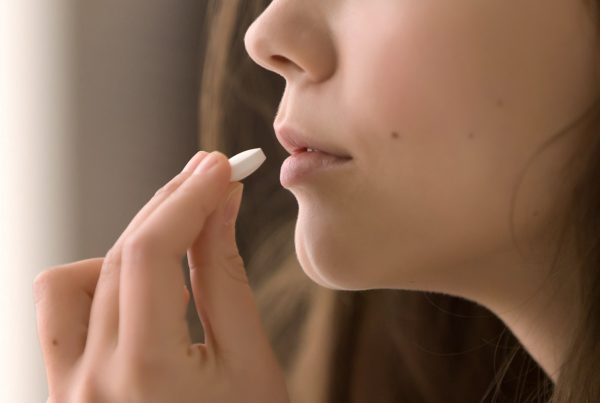Anyone who has experienced sunburn knows that feeling of painful red skin that feels two sizes too small, is itchy and may, in severe cases, produce blisters. The slightest touch can cause discomfort and sleeping can be difficult. This miserable condition is caused by prolonged exposure to the sun’s ultraviolet radiation which can actually damage DNA molecules. This results in the enlargement of blood vessels and the production of inflammatory cells which are responsible for sunburn’s typical pain, swelling and redness.
Since it takes several hours for sunburn to appear, by the time the average person notices the symptoms the damage has already been done. Destruction of skin cells by ultraviolet radiation is the cause of peeling skin so common after prolonged, unprotected exposure to the sun. Frequent unprotected exposure to sunlight can eventually trigger skin cancer in later years. A bad sunburn just once every two years is enough to increase by three times the risk of melanoma, one of the deadliest skin cancers. Melanoma is invasive and can spread to other parts of the body.
Preventing sunburn
- Wear a hat that provides shade to face and neck
- Apply sunscreen before sun exposure. Consumer Reports recommends an SPF of 40 or higher
- Use a beach umbrella
- If possible stay out of the sun between 10:00 a.m. and 2:00 p.m. when sun is strongest
- Long sleeves and long pants provide added protection
- Drink plenty of water when exposed to sunlight
- An old-fashioned parasol (it can be your umbrella) provides additional protection
- Make sure young children wear hats and sunglasses and monitor their sun exposure. Babies should always be kept in the shade to protect their delicate skin
What to do when the damage is done
You’ve had a fun day at the beach or perhaps just returned from a day with your hiking group when you suddenly realize that you are quite badly sunburned. Although the sunburn can’t be reversed, there are several ways of relieving the pain and discomfort until nature takes its course over several days and the skin heals. Natural remedies work quite well and provide temporary relief from pain and itching.
The Mayo Clinic provides some helpful advice on home remedies to ease the burning feeling while protecting the skin:
- Keeping skin cool can be achieved by making a simple compress. A towel soaked in cool water then wrung out and held on the affected area works well
- Do not take a hot bath or shower. In addition to contributing to the burning sensation, the hot water dries already damaged skin. A bath taken in cool water is best and avoids the possibly painful pressure from a shower pounding that sunburn.
- Following your bath, do not rub yourself dry. Instead, pat gently with a soft towel to avoid friction and irritating possibly peeling skin
- Aloe vera lotion or the gel directly from an aloe vera plant is very soothing to sunburned skin and should be spread gently rather than rubbed in
- If the sunburn has caused blisters, resist the urge to scratch or break them in order to prevent infection. If a break occurs, gently wash the area with very mild soap such as Dove and cover with a non-stick bandage
- Peeling of the skin may occur a few days after sun exposure. It does look ugly but don’t worry, eventually it will heal. Don’t pull at peeling skin but do make sure it is kept moisturized with a good quality moisturizer such as Aveeno which contains oatmeal
- Do not use local anesthetic creams such as Benzocaine which may cause an allergic reaction
- Frozen veggies can really soothe a sunburn. No, you don’t eat them! Grab a bag of frozen peas or other vegetable from your freezer, wrap the bag in a towel and apply to sunburned area. Bliss!
- Another good trick is to fill an old-fashioned rubber hot water bottle and pop it in the freezer until the water is frozen. Then, just as with the peas, wrap it in a towel and hold it against sunburned skin
It’s important to keep out of the sun while your skin is healing, no one wants to make a bad situation worse by adding to the misery.
The importance of wearing sunglasses
If a person is out in the sun, particularly on the water, and does not wear sunglasses, the reflected light can damage the cornea of the eye. CNNs Anderson Cooper had that unpleasant experience while on a boat for two hours in Portugal. He was unable to see for 36 hours following his boat trip and described the feeling as “it feels like my eyes are on fire.”
Everyone enjoys a day out in the sun either at the beach, sailing or hiking but before you leave the house make sure you have sunscreen, a hat, an umbrella or parasol and plenty of water to drink. In the case of sunburn, an ounce of prevention really is worth a pound of cure.
Who is NaturalPainRelief.org and Why Do We Exist?
We exist to inform and educate those suffering from temporary or chronic pain to find alternative science-based solutions free from addictive drug treatments and invasive procedures.



